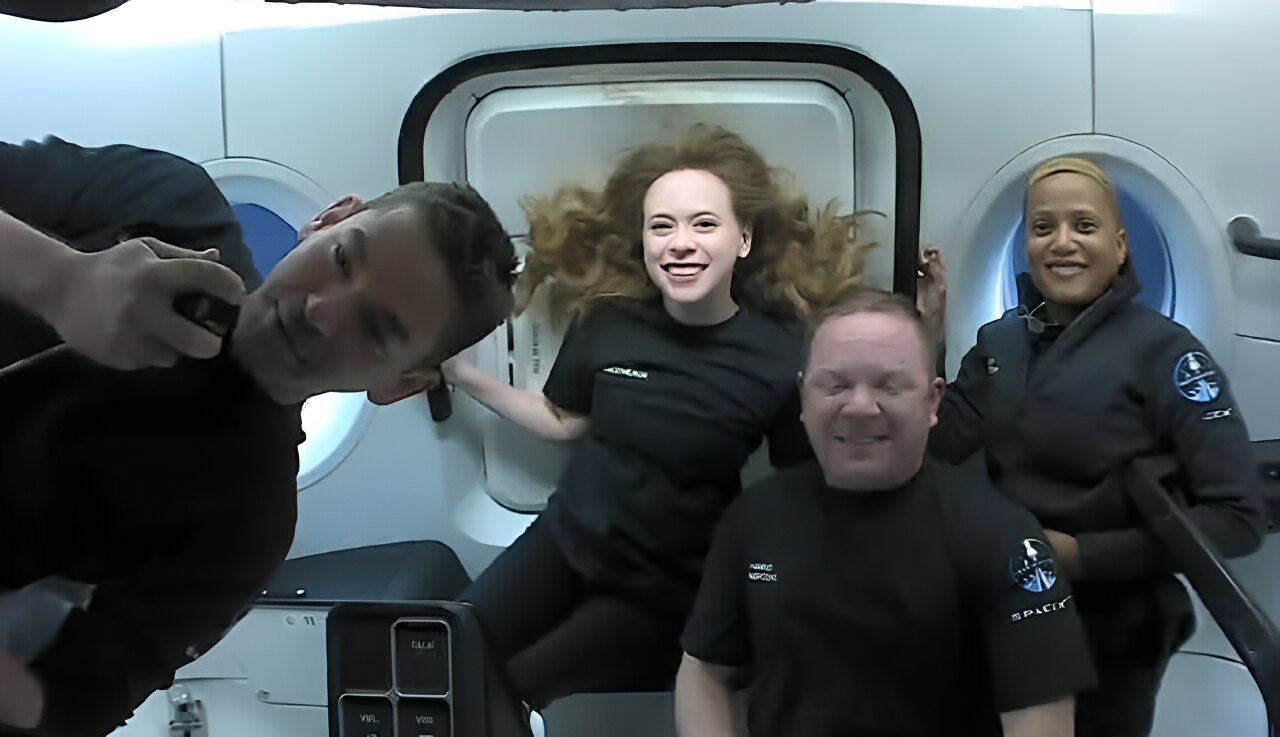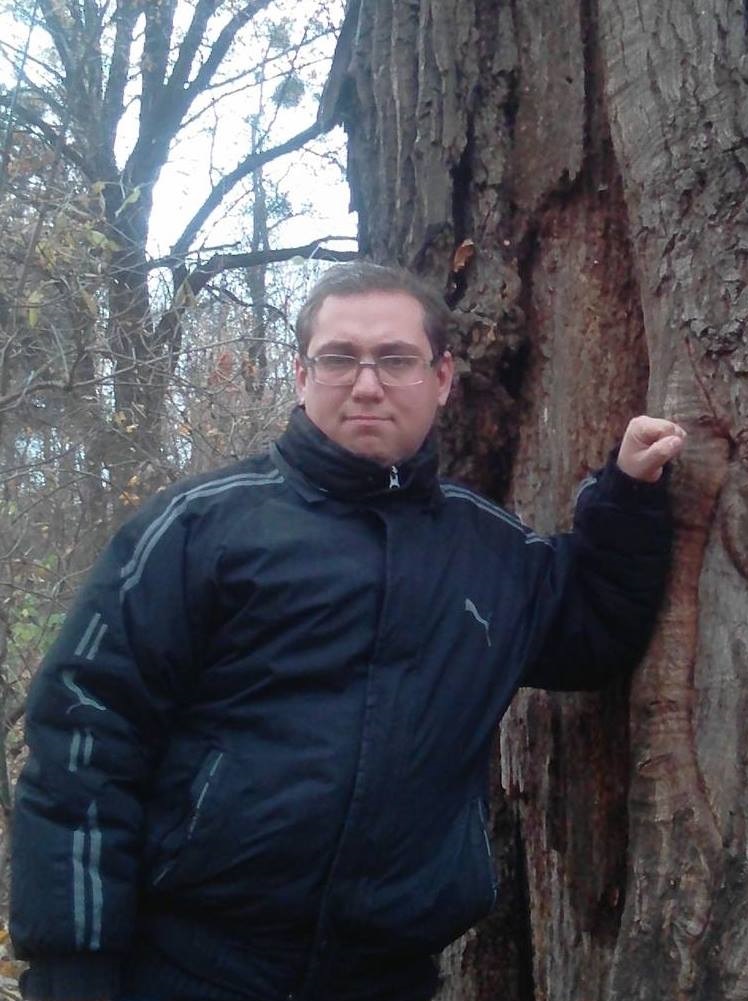Scientists are gathering a medical basis for a study of the effects of space travel on human health. The first study in this area was based on the health of astronauts on the first fully extended mission.

Investigation of the effects of short duration space flights on health
The first fully civilian space mission sheds light on potential health risks for private astronauts. It was the basis for a study. However, the study sample was not large, four people who spent three days in low Earth orbit during the Inspiration4 mission in 2021.
But it lays the groundwork for an open biomedical database on the health status of commercial astronauts and identifies best practices for collecting and processing that information, argues a team led by the Center for Space Medicine at Baylor College of Medicine in Houston.
Body’s response to stress factors
“Civilian participants have different educational backgrounds and medical conditions compared to astronauts with career-long exposure to spaceflight,” said study co-author Dr. Emmanuel Urquieta, chief medical officer at Baylor’s Center for Space Medicine for Space Health (TRISH).
Understanding their physiological and psychological responses to spaceflight and their ability to conduct research is critical as we continue to send more private astronauts into space.
Like professionals performing months-long missions on the International Space Station, the dangers faced by these four included radiation exposure, prolonged microgravity and isolation. Researchers said the mission provided important information about the body’s very first response to these stressors. However, it turns out that the risk of these factors causing health problems on these short trips is quite small.
Health monitoring and medical basis of the study
The mission also emphasized the need to develop tools to monitor their health and performance in future missions. “The data and biosamples represent the first of, hopefully, many commercial spaceflight missions,” said study co-author Jimmy Wu, TRISH deputy director.
The study demonstrated the effectiveness of various health information collection tools that require almost no training to use. For example, astronauts used a handheld ultrasound device to capture images of the bladder, jugular vein, and eyes. Smartwatch data, skin swabs and biopsies, saliva analysis, and tests of memory and thinking and nervous system function were also evaluated.
According to phys.org


